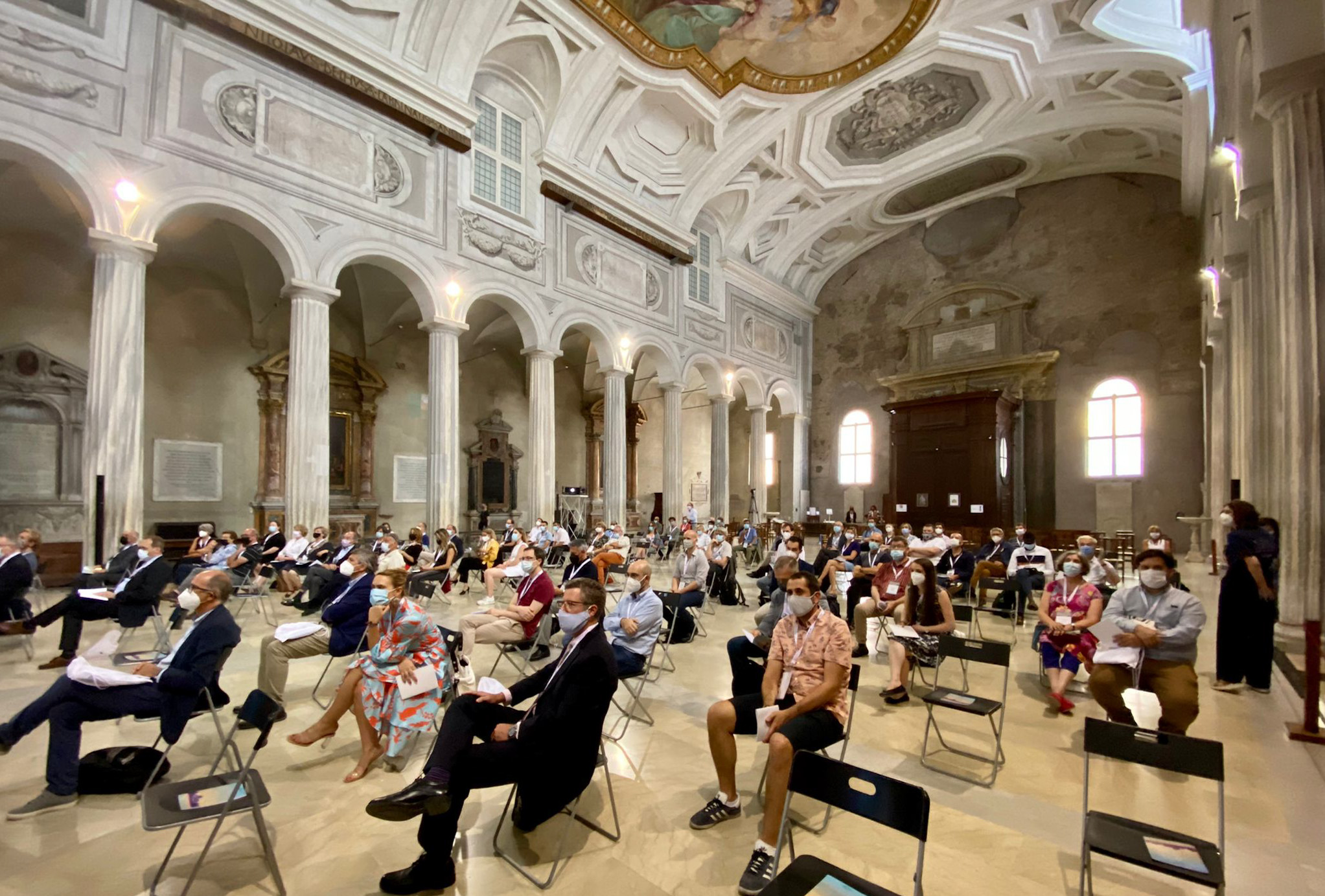It's been around for so long and become such an overused cliché, that it’s perhaps hard to say what “teambuilding” is anymore.
People have so many different ideas, it can be difficult to pin-down exactly what companies want when they come to us.
We are normally involved with executive management groups of around 40 people from regional offices in Asia, or possibly a larger group from head office.
When you’re dealing with executives from Toshiba who are in Koh Samui for three days on an incentive trip and conference, the last thing they need is someone teaching them about situational leadership styles. In fact, they should probably be teaching us.
They want the chance to relax, have fun after their meeting in the morning, and to interact with each other in a way other than as regional managers. They probably don’t want an academic debriefing on how to apply communication skills to the workplace, therefore moving away from such “business skills” to an out-and-out adventure programme such as a desert island survival or a community outreach project may be ideal.
At the other end of the spectrum, this “teaching” by exploration method is valid. Imagine a group of 70 people of all levels from ING in Singapore or Hong Kong. If the company is investing in ‘“teambuilding”, they are possibly expecting something more than just a few games and ice breakers.
This kind of group would benefit from participating in some dynamic and motivating activities that focus on improving team processes which can then be discussed and applied to their working roles – for example, experiential games in the conference room or around the hotel. Often, it’s possible to satisfy both requirements with an activity like an island treasure hunt. This gets delegates out and around the island, which is after all why they have chosen a destination like Samui. It’s fun in its own right and inspires delegates to discover each other and collaborate towards a common goal. Finally, it illustrates the key team paradigms of planning, communication, cooperation, organisation and leadership.
After all, just as teams and the individuals within are wonderfully diverse the world over, so solutions to improve their performance must be equally unique and varied.
Dave Belcher


